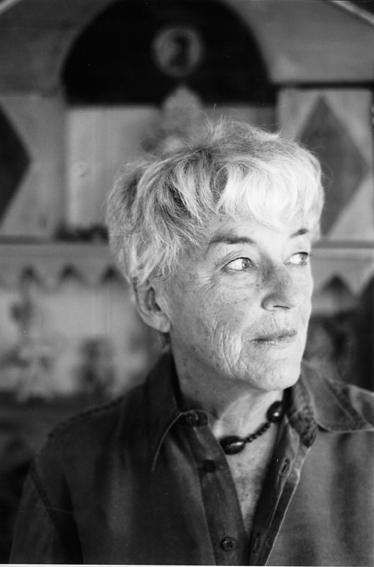‘A decade ago I fell ill,’ writes Inga Clendinnen at the beginning of Tiger’s Eye. ‘Fall is the right word; it is almost as alarming and quite as precipitous as falling in love.’
In this deeply personal book an eminent historian explores her own history. She dramatises the ways in which illness challenges and subverts the self, and explores how writing can become part of the imperative to recover.
This is an absorbing and lucid account of the mind at particular extremities: of razor-sharp recollection, of weird hallucinatory narratives and of heightened creativity. It is a book about the transitions between memory and history and fiction, and how the liberated imagination negotiates its way among them. Vivid and compelling, the subject of Tiger’s Eye is not being ill or well, but being alive.
andTiger’s Eye
‘This is a rare book, and rare in its own time. It is memoir, history, fiction, a documenting of filial gratitude and ingratitude, and a record of the cauldron experience of a near-fatal illness, all bundled, coherently—that’s the miracle—between covers.‘
‘Clendinnen is a natural writer. She is a writer with bells on and sometimes they give off a silvery tinkle…Tiger’s Eye is an exhilarating and disconcerting book.‘
‘Tiger’s Eye has enriched Australian cultural life.’
‘Scarcely a line of Tiger’s Eye passed by than I was struck afresh by the grace and felicity of her expression or found myself moved by perceptions that have a grave kind of beauty.‘
‘This is a remarkably dense book, astonishingly lucid and challenging, and enormously pleasing to read. It is an account of a personal struggle; it is a personal testament, a trumpet call for the importance of history; and it is full of a lifetime of sharp recollections and observations on the written and spoken word.’









